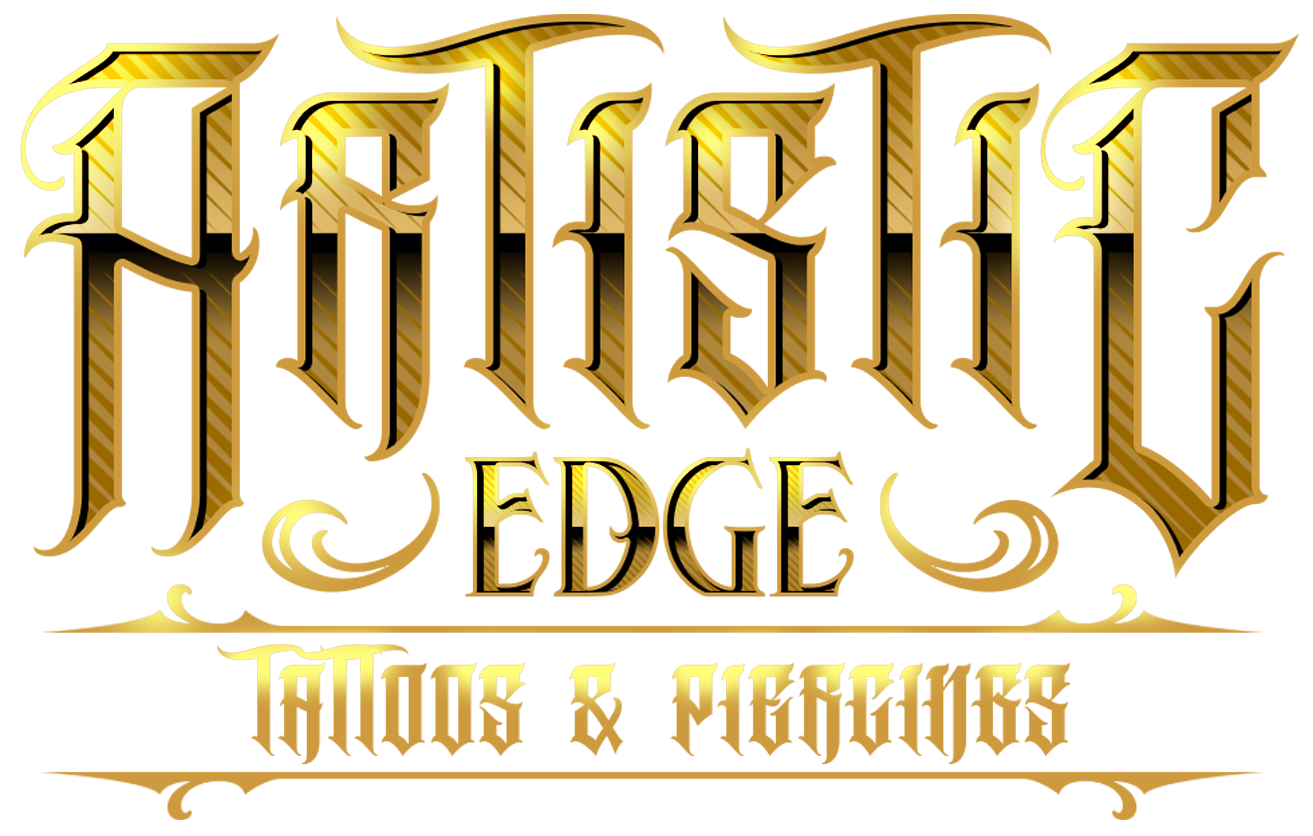Rotary vs. Coil Tattoo Machines: Unveiling the Artistic Tools
Introduction:
Tattooing is a form of art that demands precision, skill, and creativity. Tattoo artists wield their creativity on living canvases, turning visions into beautiful realities. Behind these masterpieces lies the fundamental decision of choosing between rotary and coil tattoo machines. Both machines have their unique attributes, pros, and cons, which can significantly impact the tattooing experience and the final outcome. In this blog post, we'll dive into the intricacies of rotary and coil tattoo machines, offering an insightful exploration of the artistic tools that shape the tattooing industry.
Understanding Rotary Tattoo Machines:
Overview: The rotary tattoo machine operates on a different mechanism compared to its coil counterpart. Instead of electromagnetic coils, the rotary machine utilizes a motor to move the needle up and down. This motor-driven mechanism provides a smooth and quiet operation, which some artists find advantageous during longer tattoo sessions.
Benefits of Rotary Tattoo Machines:
Consistency and Precision: Rotary machines offer consistent needle movements, resulting in smoother and more precise lines. This can be particularly useful when working on intricate details or complex designs.
Less Trauma to the Skin: Rotary machines cause less trauma to the skin due to their gentle and continuous needle motion. As a result, they are often preferred for delicate areas and people with sensitive skin.
Lightweight and Ergonomic: Rotary machines are generally lighter and more ergonomic, reducing hand fatigue during extended tattooing sessions. This makes them a popular choice for artists who value comfort.
Exploring Coil Tattoo Machines:
Overview: Coil tattoo machines have been a staple in the tattooing industry for decades. Their distinctive electromagnetic coil system creates the up-and-down motion of the needle, providing a characteristic buzzing sound familiar to anyone who has been in a tattoo studio.
Benefits of Coil Tattoo Machines:
Power and Versatility: Coil machines are known for their raw power and versatility. Tattoo artists can adjust the machine's settings to suit different needle configurations, making them suitable for various tattooing styles.
Traditional Feel: Many artists and clients appreciate the nostalgic buzz and tactile sensation of coil machines, connecting them to the traditional roots of tattooing.
Easier to Use for Line Work: Some artists prefer coil machines for creating clean and bold lines, especially when working with bold designs.
Factors Influencing Choice:
Experience and Skill Level: Artists with different experience levels may have varying preferences. Beginners might find rotary machines easier to handle due to their simplicity, while seasoned artists may have developed their expertise using coil machines.
Tattoo Style and Technique: Different tattooing styles may require specific machines. For example, realism or fine-line work may benefit from rotary machines, whereas traditional or bold designs could be executed more effectively using coil machines.
Client Comfort: The noise level and vibration of the machine can impact the client's experience. Some clients prefer the quietness of rotary machines, while others may find comfort in the familiar buzz of coil machines.
Conclusion:
Choosing between a rotary and coil tattoo machine is a personal and professional decision for every artist. Each machine type brings its own set of advantages to the table, catering to different styles, preferences, and clientele. Whether it's the precise strokes of the rotary or the classic appeal of the coil, both machines serve as indispensable tools for tattoo artists to unleash their creativity and craft mesmerizing art on the human canvas. As the tattoo industry continues to evolve, artists will undoubtedly explore new techniques and innovations in both machine designs, enriching the world of tattoo artistry for generations to come.
